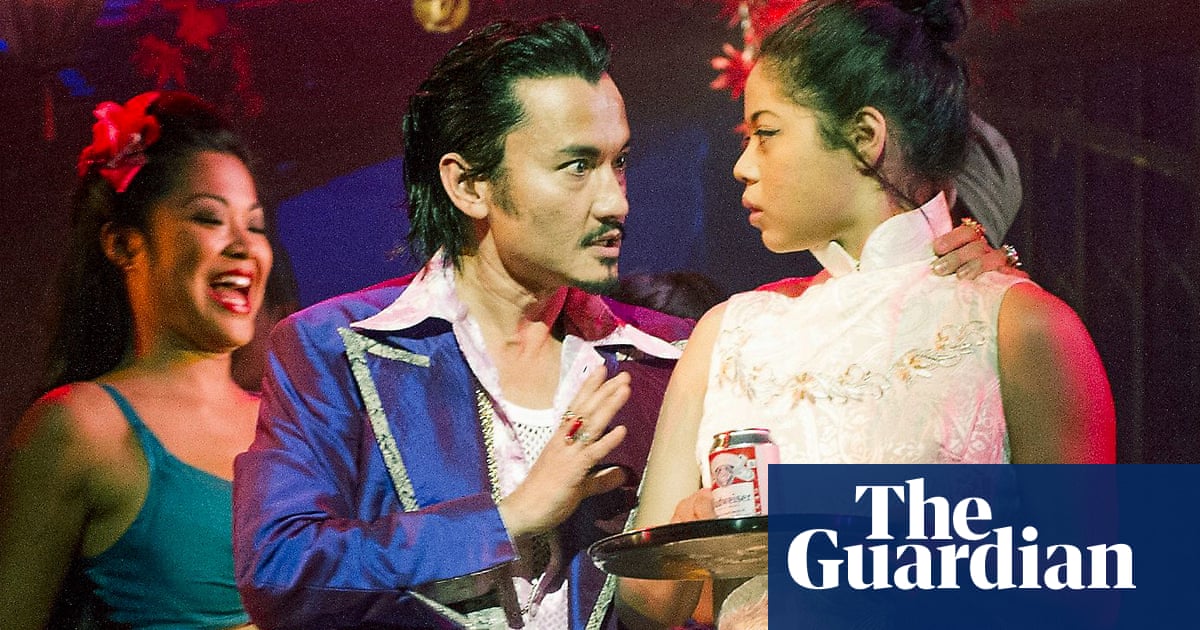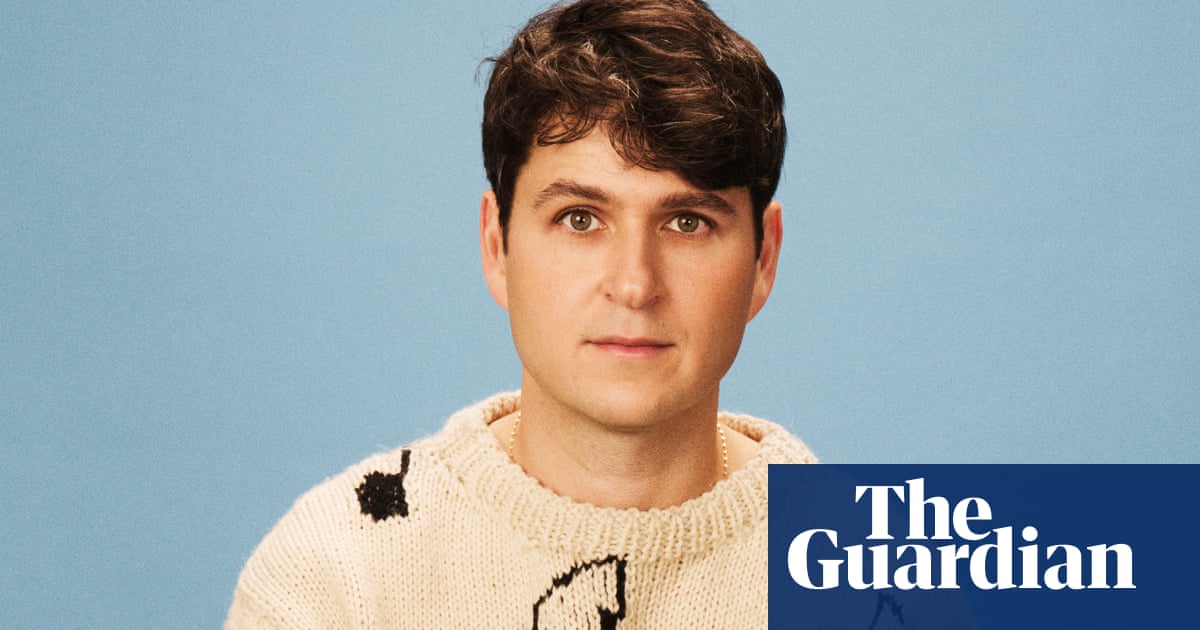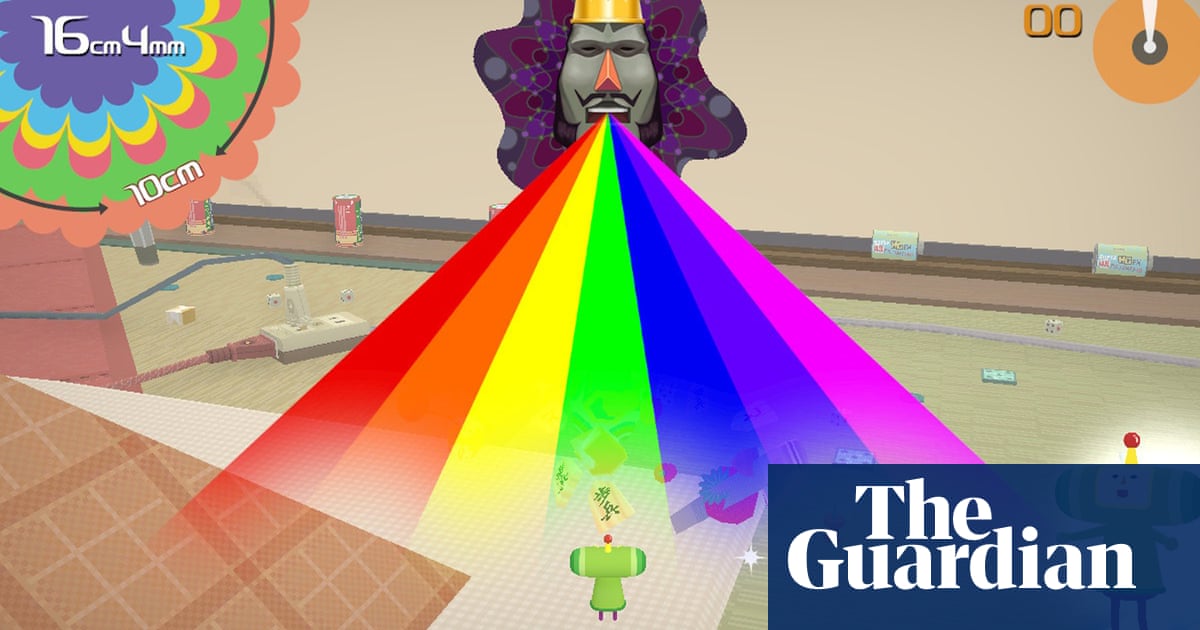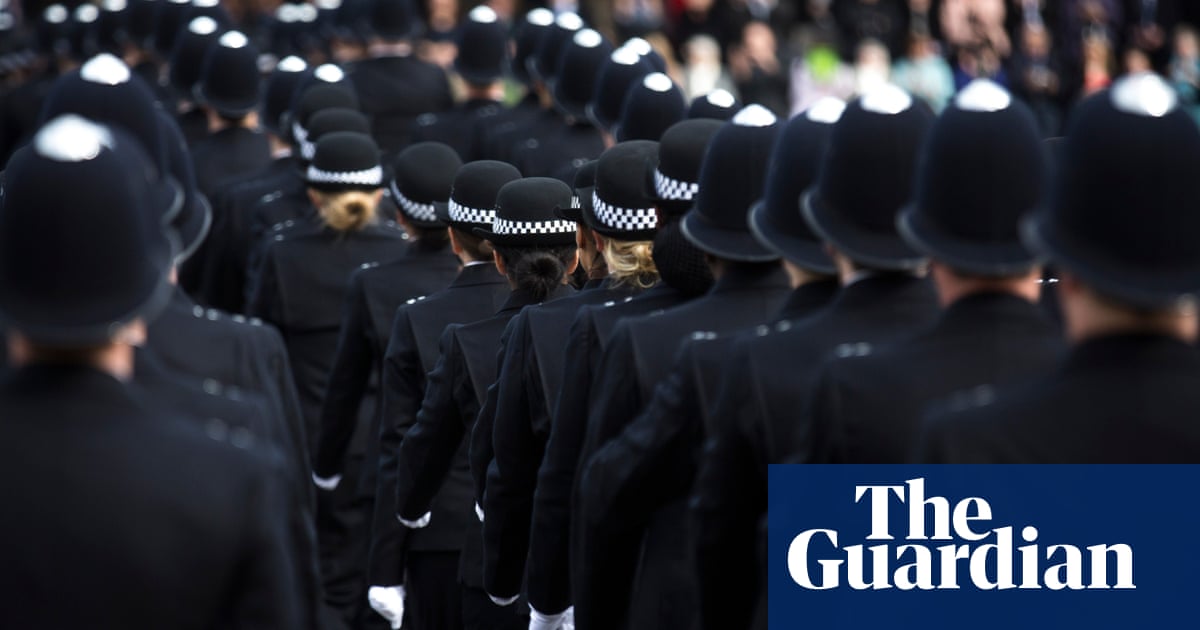
Ifelt sick to the core after reading Lady Casey’s damning verdict on the catastrophic failings of the Metropolitan police, from racism, homophobia and misogyny to allegations of serious misconduct not being upheld. It catapulted me back to 1999, when the Met was labelled institutionally racist by the Macpherson report in the aftermath of Stephen Lawrence’s murder. Casey has used language like “systemic bias”, which to my mind equates to the same thing. Nothing has changed.
As a Muslim woman who worked in the force for 30 years, reaching the rank of detective superintendent before leaving in 2019, I am not surprised in the slightest by the report’s findings and take no pleasure from reading it. I can only imagine how many officers feel vindicated by its statistics. I sobbed my heart out when I saw the statistic that black officers and staff were 81% more likely to receive a misconduct allegation than their white colleagues. I am most shocked by the fact that somebody independent has been able to say how bad the culture at the Met is without holding back. Had this been an internal investigation, you would never have seen those figures, let alone the detail.
The death of Sarah Everard was the only reason the review was instigated. It sickens me to have to say that it took the murder of a young woman at the hands of a police officer to prompt the realisation that something is very wrong about the culture of this force.
As a former leader, there were occasions when female police officers spoke to me about sexism and abuse and I supported them. When you approach the male officers concerned, there are denials and apologies – and there is little that you can do when the complainant refuses to take it further because she is scared, and fears victimisation and isolation. All you can do is advise, support and get them to document it. What then happens is those behaviours continue to fester and embed themselves deeper within the culture of the organisation.
More than anything else, my career was tarnished by racism and subtle micro-aggressions. If there was sexism, I perhaps handled it differently to the racism, because that affected my career prospects and my opportunities to develop and flourish as an Asian officer. I eventually whistleblew on racism within the force and that changed my journey throughout the rest of my career; my reputation was tarnished and promotion opportunities were missed.
I don’t think it is possible for Mark Rowley, the new commissioner of the Metropolitan police, to just draw a line under this and move on. Casey’s report is just the tip of the iceberg. It has yet to even touch on corruption within policing – and I believe that will be next to be exposed. He needs to enforce a radical shake-up, not just of officers who think they are above the law, but of the Met’s leadership at the higher levels as well.
You are never going to completely eradicate racism or sexism within policing. Police officers join the force and bring their ideologies with them. Once they’ve got a badge, it gives them an opportunity to exert power in ways that impacts on colleagues and on members of the public who they are supposed to serve; it allows them to take advantage of vulnerable people. Rowley now needs to reflect on how he’s going to change the mindset of his officers – and this will be his biggest challenge. He also needs to create safe spaces for whistleblowers to speak out.
I desperately want to see change within the organisation. But let’s not pretend that Rowley wasn’t in the Met already: he headed up the counter-terrorism department. I find it unbelievable that a senior leader heading up one of the biggest commands was not aware of what was going on under his nose. We must give him a chance to put this right. For now, he is speaking the right language. Whether this is enough, only time will tell.
Shabnam Chaudhri is a former detective superintendent












